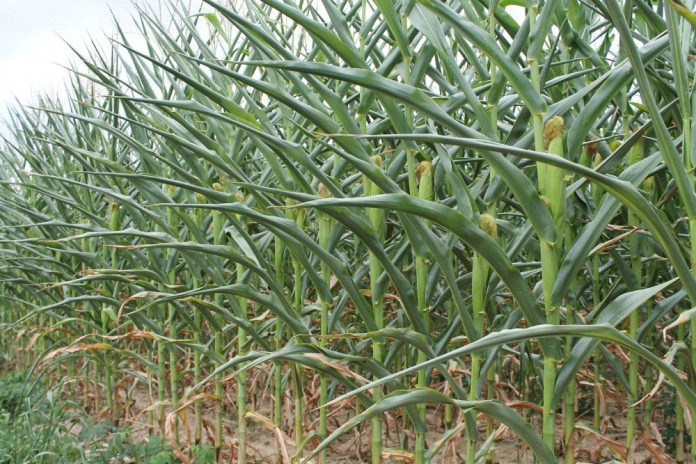SPRINGFIELD, Ill. — The drought has left feed for livestock in short supply, and many producers are considering planting cover crops this fall that may also be grazed or cut for hay.
Brian D. Frieden, director of the Springfield office for USDA’s Risk Management Agency, offers this insurance update for those considering planting cover crops this fall.
If you are a producer in Illinois, Indiana, Michigan or Ohio and you want to insure a crop planted in the spring of 2013, such as corn, sweet corn, popcorn, hybrid seed corn, processing pumpkins, soybeans, processing beans and grain sorghum, following a cover crop, you must:
— Stop haying or grazing the cover crop by May 10, 2013. Farmers can graze or harvest a cover crop (planted now) as long as they stop by May 10; and
— Terminate all cover crop growth at least seven days before the final planting date for the spring crop you are planting.
In areas where a double-cropping practice is insurable (generally referred to as a Following A Crop (FAC) practice under the terms of the Federal crop insurance program), you may be able to insure soybeans, processing beans and grain sorghum without meeting the requirements above. However, additional rules and higher premium rates apply. Contact an insurance agent if you have questions about insuring spring crops following cover crops, for more specific information.










